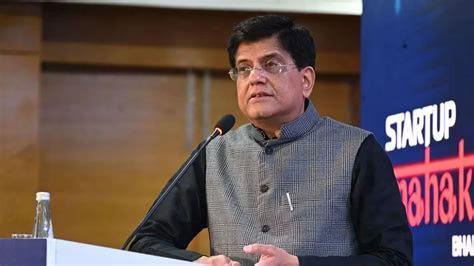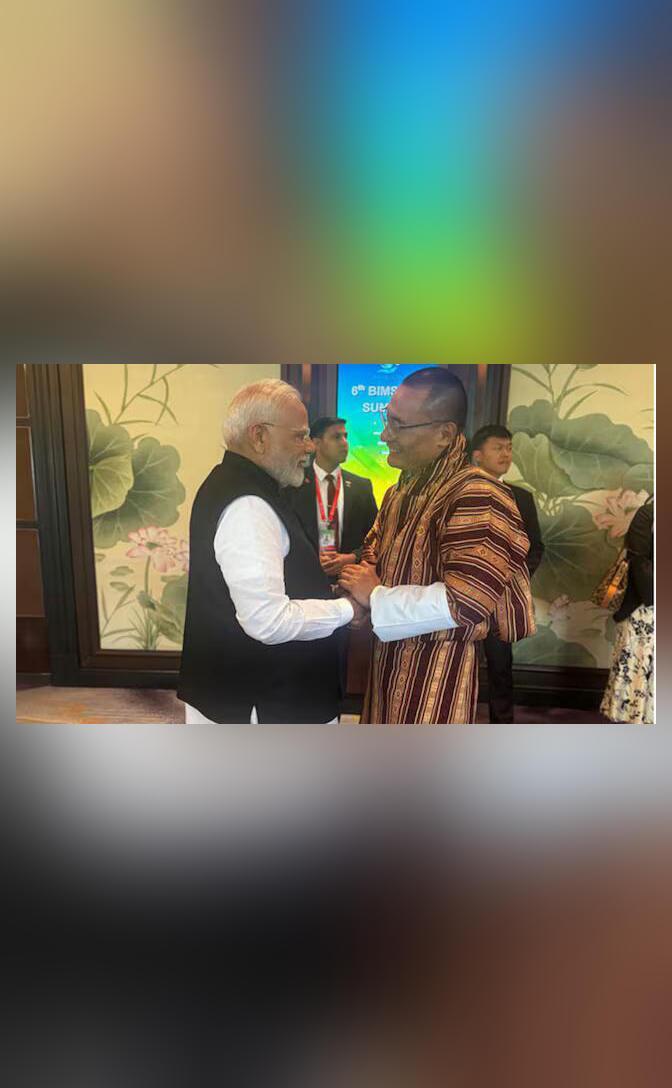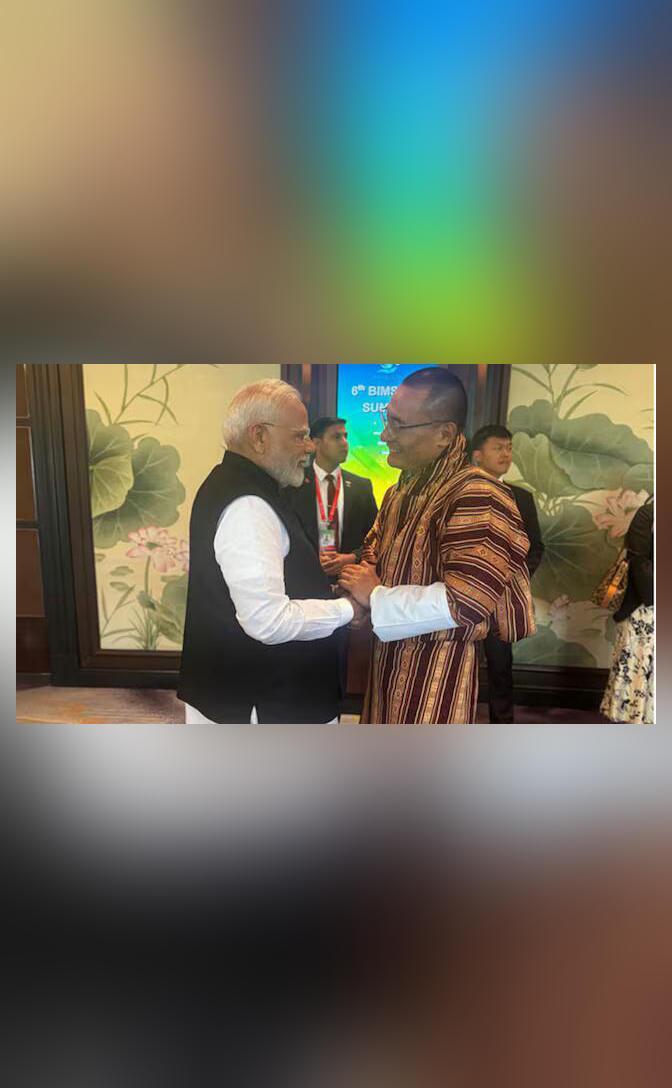
Indian Brands Go Global: Competing on Design & Quality
India, once a hub for attracting foreign brands, has now emerged as a significant player in the global market, with its own brands making a mark on the international stage. This shift is largely driven by the country’s focus on design, quality, and innovation, which has enabled Indian brands to compete effectively with their global counterparts.
According to Dheeraj Sinha, CEO of FCB India, “Indian brands are winning on design, quality, and competitiveness globally.” In an interview with The Core, Sinha highlighted the significant progress made by Indian brands, which have successfully disrupted traditional markets and established themselves as serious global contenders.
One of the key factors contributing to India’s success is its rich cultural heritage, which has inspired unique design aesthetics and innovative product offerings. Indian brands, such as Fabindia and Lifestyle, have leveraged this cultural advantage to create products that resonate with global consumers. Fabindia, for instance, has expanded its global footprint by opening stores in the Middle East, Singapore, and the US, offering a range of home and living products that blend traditional Indian craftsmanship with modern designs.
Another factor that has contributed to India’s success is its rapid growth in manufacturing capabilities. The country’s manufacturing sector has undergone significant transformation in recent years, with the government’s initiatives, such as Make in India, encouraging foreign investment and promoting domestic production. This has enabled Indian brands to focus on product development, design, and quality, rather than solely relying on low-cost manufacturing.
Moreover, Indian brands have also adopted strategic marketing and branding strategies to build brand equity abroad. For instance, Indian beauty and personal care brand, L’Oréal Paris, has launched targeted campaigns in key international markets, leveraging social media and influencer marketing to reach a wider audience. Similarly, Indian IT major, Tata Consultancy Services (TCS), has invested heavily in digital marketing and thought leadership initiatives to establish itself as a global player in the technology sector.
The success of Indian brands is not limited to specific industries. From consumer goods to technology, Indian companies are making a mark on the global stage. For example, Indian consumer goods company, Hindustan Unilever Limited (HUL), has expanded its global presence through strategic acquisitions and partnerships. HUL’s acquisition of GSK Consumer Healthcare, for instance, has enabled the company to enter new markets and strengthen its position in the global consumer goods sector.
Another example is Indian IT major, Infosys, which has leveraged its strong manufacturing capabilities to offer end-to-end solutions to global clients. Infosys has established a significant presence in the US, Europe, and Asia, offering a range of services, including consulting, IT services, and business process outsourcing.
The success of Indian brands is also driven by the country’s rapidly growing middle class, which has led to an increase in disposable income and a desire for premium products. This has created opportunities for Indian brands to offer high-quality products that cater to the evolving tastes and preferences of global consumers.
In conclusion, Indian brands are making a significant impact on the global market, competing effectively on design, quality, and innovation. By leveraging their unique cultural heritage, rapid growth in manufacturing capabilities, and strategic marketing and branding strategies, Indian brands are establishing themselves as serious global contenders in various industries. As the global market continues to evolve, it will be exciting to see how Indian brands adapt and innovate to stay ahead of the competition.






